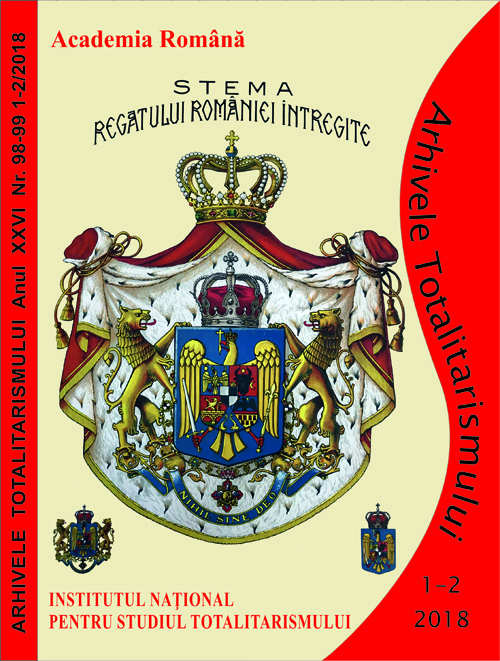Old Age and the Evolution of the Social Security System in Rural Poland in the 20th Century
Old Age and the Evolution of the Social Security System in Rural Poland in the 20th Century
Author(s): Dariusz JaroszSubject(s): History, Social history
Published by: Institutul National pentru Studiul Totalitarismului
Keywords: Communist regimes; old age; social security; retirement pensions; life care contracts;
Summary/Abstract: The evolution of the “survival strategy” of old people in rural Poland in XXth century ran from life care contracts guaranteed by the family to retirement pensions guaranteed by the state, with the small participation of social organizations. The end of World War II and the assumption of power by Polish Communists did not in itself signify a telling transformation in providing old age social security in rural Poland. One of the most important changes which were made in the social security system in the 1960s and 1970s. The Acts of 1962 and 1968 created conditions for receiving pension-superannuation benefits in exchange for signing over land to the state. The Act of 1977 which also brought in the possibility of passing farms on to their heirs – it increased the number of those availing themselves of these possibilities. Letters addressed to the Letters’ Office of Polish Radio and Television testify to the fact that the basic problem in complaints of old people remained the lack of their own means of subsistence. However, insofar as earlier the anti-hero in most of the letters from the countryside were ungrateful, even evil, children, then at the end of the 1970s it was the incompetent and sluggish state office.
Journal: Arhivele Totalitarismului
- Issue Year: XXVI/2018
- Issue No: 1-2
- Page Range: 133-146
- Page Count: 14
- Language: English
- Content File-PDF

